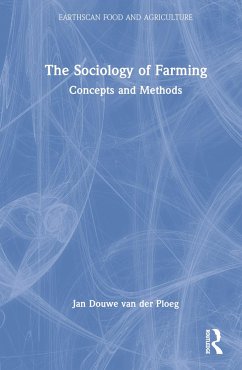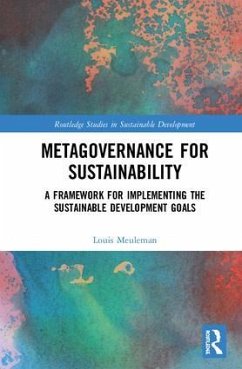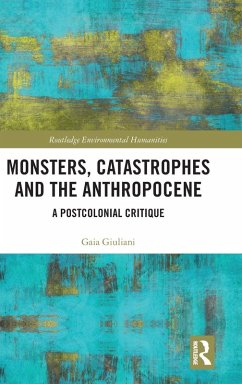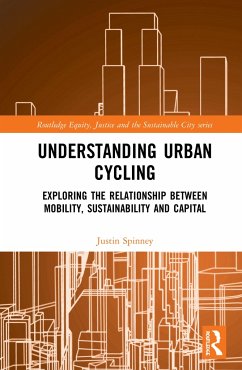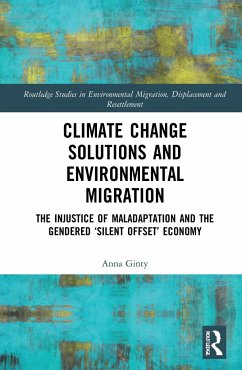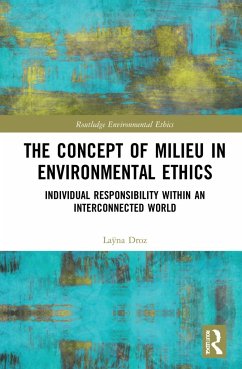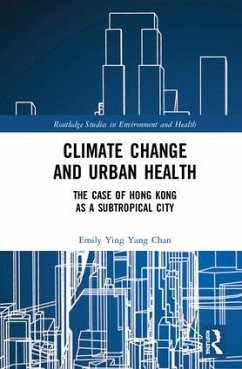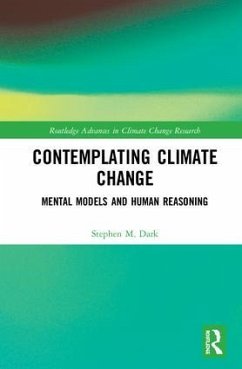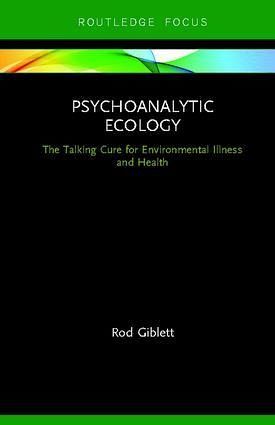
Psychoanalytic Ecology
The Talking Cure for Environmental Illness and Health
Versandkostenfrei!
Versandfertig in 1-2 Wochen
64,99 €
inkl. MwSt.
Weitere Ausgaben:

PAYBACK Punkte
32 °P sammeln!
Psychoanalytic Ecology applies Freudian concepts, beginning with the uncanny, to environmental issues, such as wetlands and their loss, to alligators and crocodiles as inhabitants of wetlands, and to the urban underside. It also applies other Freudian concepts, such as sublimation, symptom, mourning and melancholia, to environmental issues and concerns. Mourning and melancholia can be experienced in relation to wetlands and to their loss. The city is a symptom of the will to fill or drain wetlands. This book engages in a talking cure of psychogeopathology (environmental psychopathology; mental...
Psychoanalytic Ecology applies Freudian concepts, beginning with the uncanny, to environmental issues, such as wetlands and their loss, to alligators and crocodiles as inhabitants of wetlands, and to the urban underside. It also applies other Freudian concepts, such as sublimation, symptom, mourning and melancholia, to environmental issues and concerns. Mourning and melancholia can be experienced in relation to wetlands and to their loss. The city is a symptom of the will to fill or drain wetlands. This book engages in a talking cure of psychogeopathology (environmental psychopathology; mental land illness; environ-mental illness) manifested also in industries, such as mining and pastoralism, that practice greed and gluttony. Psychoanalytic Ecology promotes gratitude for generosity as a way of nurturing environ-mental health to prevent the manifestation of these psychogeopathological symptoms in the first place. Melanie Klein's work on anal sadism is applied to mining and Karl Abraham's work on oral sadism to pastoralism. Finally, Margaret Mahler's and Jessica Benjamin's work on psycho-symbiosis is drawn on to nurture bio- and psycho-symbiotic livelihoods in bioregional home habitats of the living earth in the symbiocene, the hoped-for age superseding the Anthropocene. Psychoanalytic Ecology demonstrates the power of psychoanalytic concepts and the pertinence of the work of several psychoanalytic thinkers for analysing a range of environmental issues and concerns. This book will be of great interest to students and scholars of environmental psychology, psychoanalysis and the environmental humanities.





